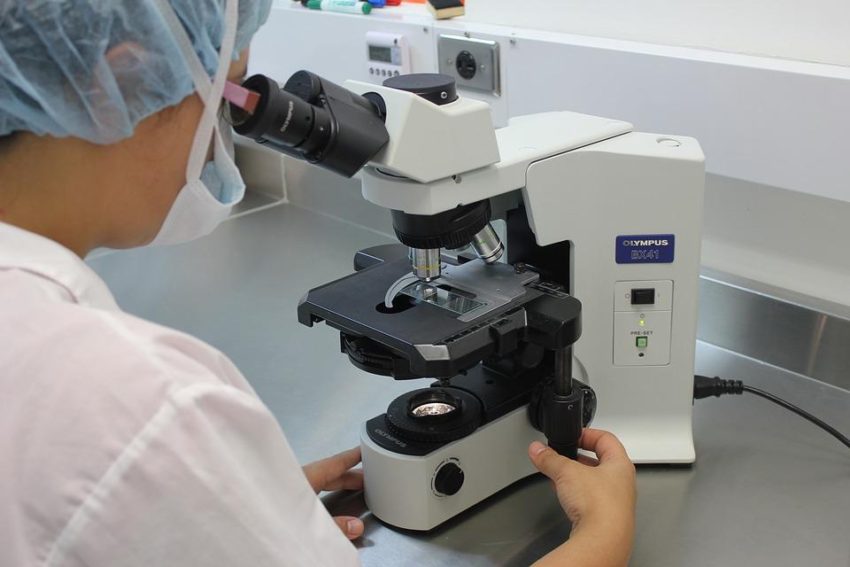
Gene Editing: A Revolution in Research
Posted By admin / 21st Feb, 2018
Science is always marching forward, breaking new ground in our understanding of the world, discovering new ways to solve old problems and make a positive change for the better in all aspects of human life.
One of the newest scientific breakthroughs relates to the technology of gene editing, or CRISPR (Clustered Regularly Interspaced Short Palindromic Repeats), that allows DNA to be deliberately altered, allowing scientists to “delete” genes linked to diseases.
Jennifer Doudna, a biochemist at the University of California and a key researcher in the discovery of CRISPR, describes the technology as “Very profound…it means that we can control human evolution now.”
In Doudna’s book, A Crack in Creation, Doudna explains how DNA editing has evolved, overcoming the complicated, costly processes of earlier approaches. Unlike its predecessors, CRISPR is a simple technique, which Doudna likens to the spell-check function in word-processing software that makes it easy for the user to locate and correct a typo in a lengthy document.
Under Doudna’s executive leadership, teams of researchers at the Innovative Genomics Institute in Berkeley are attempting to find new way to treat (and prevent) diseases like cancer, sickle cell anemia, and certain forms of blindness. CRISPR goes well beyond Doudna’s lab; its simplicity and low cost has allowed it to spread to labs at all corners of the globe.
At UT Southwestern in Dallas for example, Dr. Eric Olson is intent on finding a cure for Duchenne muscular dystrophy using CRISPR. At UC Irvine, Dr. Anthony James has “edited” mosquitoes via CRISPR that can transmit malaria resistance to their offspring. At the Salk Institute in La Jolla, Calif., CRISPR is being used to succeed in creating a gene-edited pig. In Portland, Oregon, researchers successfully used CRISPR to delete a gene implicated in heart conditions. The list goes on and on.
Gene editing may represent a revolutionary advancement in preventing and treating certain genetic disorders and conditions, bringing with it the possibility of helping to alleviate vast amounts of suffering. As with all technologies, without exception – whether they be biological, chemical, industrial, or otherwise – gene editing poses questions of responsible use.
This is a question that is not lost on Doudna, who is committed to remaining in ongoing conversation with the broader scientific community to ensure the ethical application of her game-changing discovery.
At Lifecycle Biotechnologies, in our role of providing leading-edge tools and services to the life science industry, we’re committed to keeping abreast of the latest scientific discoveries and breakthroughs. In doing so, we aim to better understand and respond to the needs of the rapidly evolving industry and support our diverse customer population across multiple disciplinary specialties and market divisions.
If you’d like to see how our innovative tools and services can help your company scale for the research methodologies of the future, contact us today and see what we can do for you.


